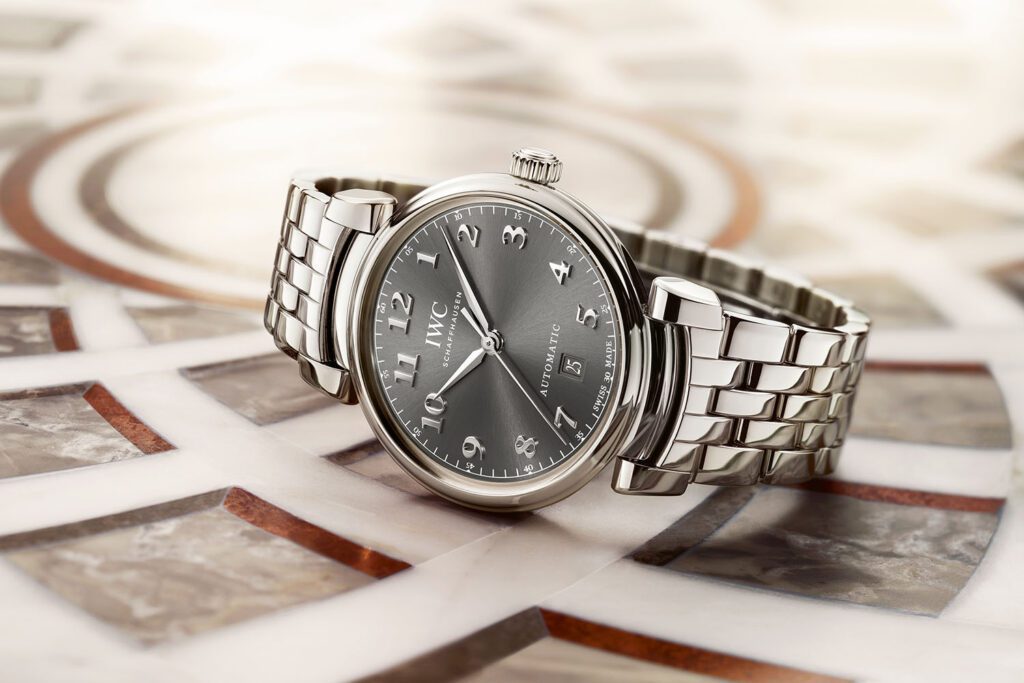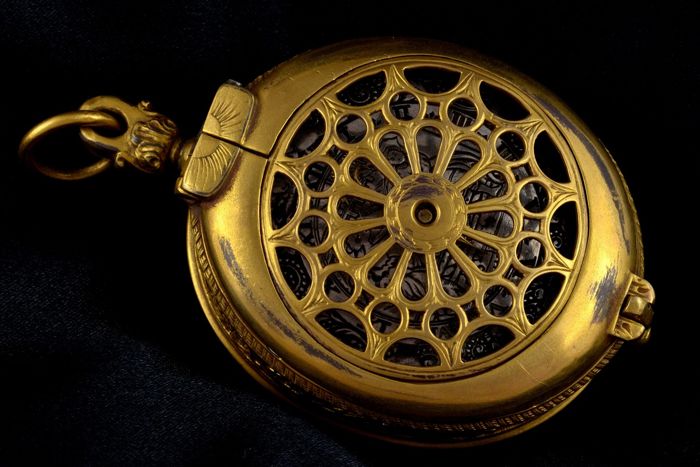Why is a Watch Called a “Watch”?

Language is a tricky thing. Essentially, words derive meaning from how they’re used—context is key. So why “watch”? Obviously people view timepieces like we view most things: television, movies, plays, etc…Basically, we “watch” watches. Despite the more obvious sight-involved aspect of reading a watch, watches (and clocks) of the past had other contextual utilities—as a result giving fresh meaning to our subject. Going all the way back to Latin origins, watches gained their now-modern title via olde-world jargon. Personal “clocks” took their time in becoming known as watches in the English language. So ahead we’ll be covering (briefly) how “watch”men, sailors, and technological change ultimately shaped the history of a pretty important word in horology.
A Polysemous Clocke Party (What’s In a Name?)
A quick preface for this section: Before you start Googling “polysemous” (polly-see-muss) to make sure we’re not saying something off-color, the term means “having multiple meanings”—to quote the dictionary. It’s a fun frame for the previous bits of this blog and is helpful to keep in mind moving forward. So continuing, the first spring-driven clocks began appearing in the 15th century. Up until then “clock” was a monosemous (one meaning) type of word. Well before there were clock-dials, the Middle Dutch word clocke meant “bell” to describe bell chimes, which were typically found in churches. Clocke goes farther back into French and Latin (cloque and clocca respectively). Its use in those languages was similar to Dutch, with the words acting as onomatopoeias (think comic books, “biff, bang, bong”, and such). However, when the English began exporting their inventions the word became synonymous with clock dials, not just audible clocks.
Using “clock” for clocks became common in the anglophone and remained the most popular word for timepieces in English—until those timepieces got smaller. “Pocket clock” doesn’t necessarily have a terrible ring to it, but Olde English had brewed up a word that was bound to beat out that old Dutch clocke by the end of the 17th century.
Wake Up!

The first personal pocket-style watch was produced in the early 16th century. At this time the Olde English word wæcce (or wæccan) pronounced like “watch”had been around for centuries. Originally meaning to be filled with “wakefulness” (i.e. stay woke), it had little to do with time-telling, contraptions, and inventions. It was eventually appropriated—by the 15th century—to address being woken up, as if by an alarm “clock” (chime). By the time of Shakespeare, from the late 16th century into the 17th, watcht (with a “t” on the end) was becoming something more akin to how we use it today.
Come Sail Away
Historically, the groups that tend to get the most credit for the now-proper nickname “watch” were watchmen and sailors. Having a daily or nightly “watch” became part of occupational speech in modern English. Because of this, saying “watch” was slowly attributed to personal timetellers for checking one’s “watch” or shift (there’s that polysemous bend). Further sealing the fate of the word “watch”, in 1675 Charles of England introduced men’s waistcoats. His fashion-forward waistcoats solidified the use of personal pocket watches for men. From there, if it was a personal clock, more-often-than-not folks referred to their timepiece as a watch.
Final “Watch”
Though there’s still some speculation on the origins of modern usage/meaning, all of the above info covers the basics regarding “watch”. Before dials, “clock” and “watch” had more to do with sound than sight—but did have merits in wakefulness. With the advent of widespread clockmaking—and eventually watchmaking—all over Europe, “watch” became a quick and easy way to reference a personal timepiece. So watch out for any personally set alarms and for any new words to crop up in English regarding time. Who knows, maybe one day we’ll have a whole new horological language to wake up to.
Times Ticking has been in operation for more than 30 years, since 1982. We have performed watch repair for customers both locally and internationally. If it Ticks! We KNOW it! Our team of watch repair technicians have a combined experience in watchmaking of over 120 years.

